
Convened by the Forum for the Conservation of the Patagonian Sea and Areas of Influence, the workshop brought together more than 60 participants, in face-to-face and virtual mode, who discussed the issues of collaboration, governance, monitoring, representativeness, management effectiveness and financing of marine protected areas.
Among the topics discussed were aspects related to regional planning and conservation, Multiple Use Coastal Marine Protected Areas, Marine Parks and Marine Reserves, integrated marine-terrestrial management of units of the National System of State Wildlife Protected Areas, the challenges and opportunities for the design of a resilient marine conservation network in the Marine Protected Areas of Chilean Patagonia, and the effectiveness and financing of these areas.
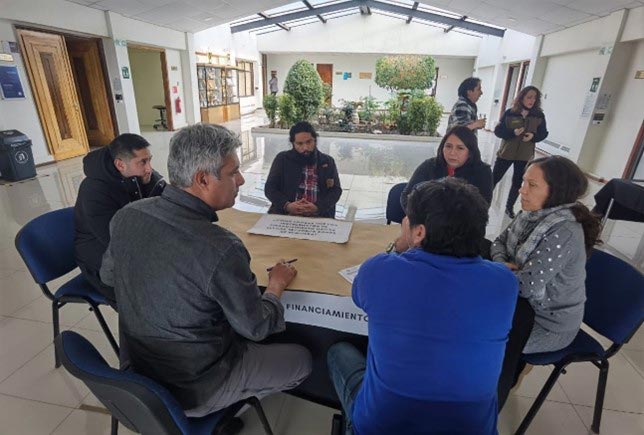
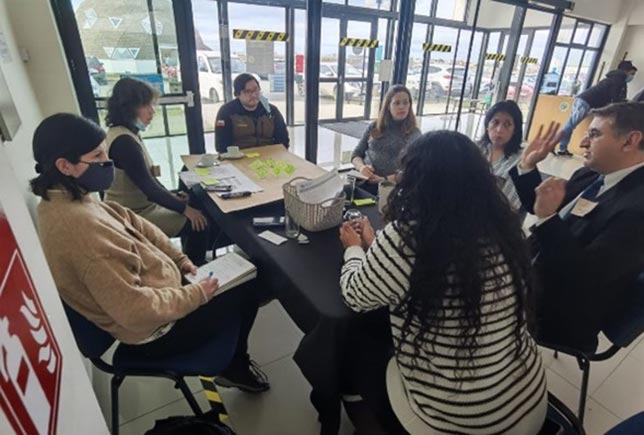
The activity took place within the framework of the project “Marine Protected Areas of Patagonia: Improving the coverage of all marine biodiversity”, which is funded by Oceans 5.
Given that the approach to the Marine Protected Areas (MPAs) of the Patagonian Sea – corresponding to the southern macro-zone of Chile (Los Lagos, Aysén and Magallanes) – requires collaborative and coordinated actions among the different actors involved in this issue, the participation in the workshop of representatives from different institutions (both at the regional and national levels), was key. Among them there were representatives of public services, non-governmental organizations, academia and indigenous communities, all those interested in the marine conservation of the southern sea.
Coordinated by the Chilean Node of the Forum and designed jointly by the organizations that make up this node, the workshop also included panelists from the Regional Government of Magallanes, the Regional Ministerial Secretariat (Seremi) of the Environment, the National Fisheries Service and the National Forestry Corporation.
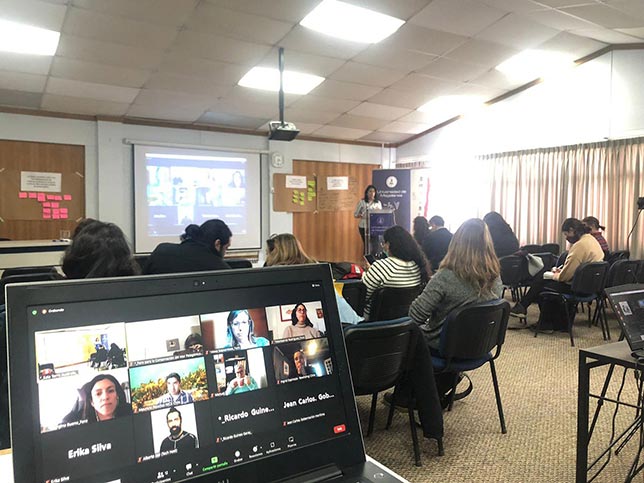
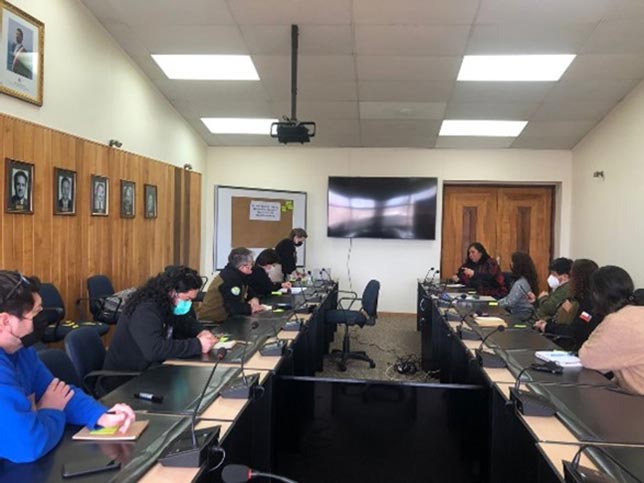
The design of the participatory format was supported by professionals from Mingamar, a program dedicated to capacity building and collaborative work of organizations working in marine conservation in Chile.
“I highlight the constructive spirit in pursuit of strengthening our marine protected areas and the capacity for dialogue that was generated during the workshop,” said Catherine Dougnac, scientific director of WCS Chile (Wildlife Conservation Society), an organization that is part of the Forum.
Yacqueline Montecinos, from the conservation organization WWF Chile, highlighted the high degree of participation and involvement shown in the workshop by the representatives of public services, as well as their interest in adhering to the initiative of the Forum for the Conservation of the Patagonian Sea and Areas of Influence, to integrate work networks. In this sense, she considers that the experience of the Forum “can represent a great contribution to the strengthening of the work led by public services, with a network perspective that will ensure in the long term, the adequate representation, implementation and effectiveness of our MPAs”.
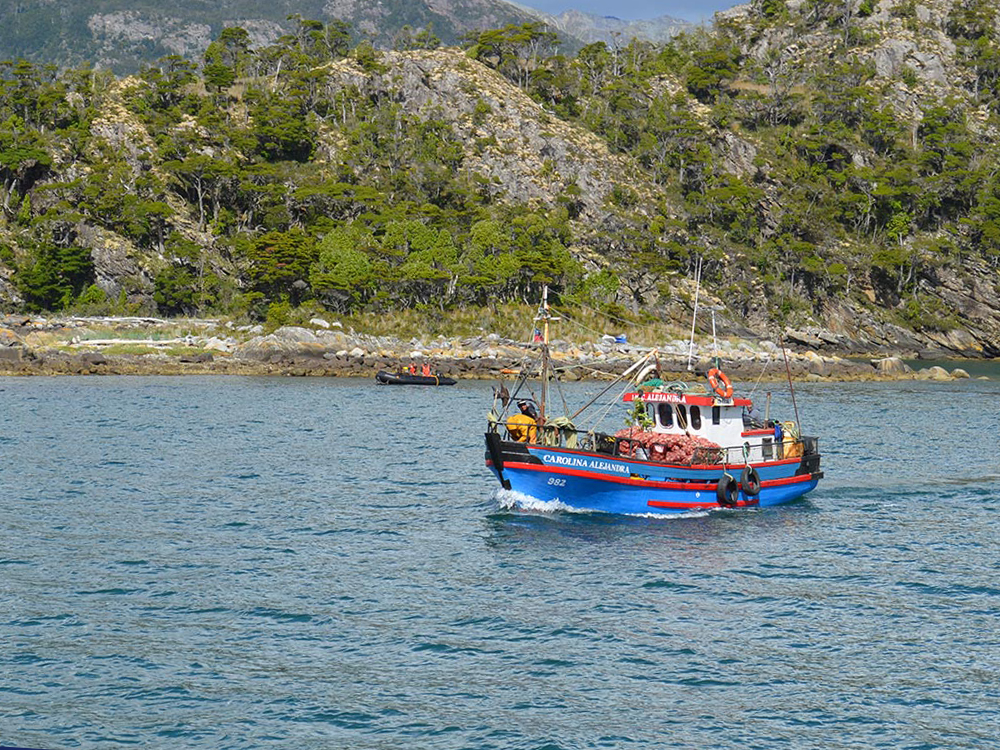
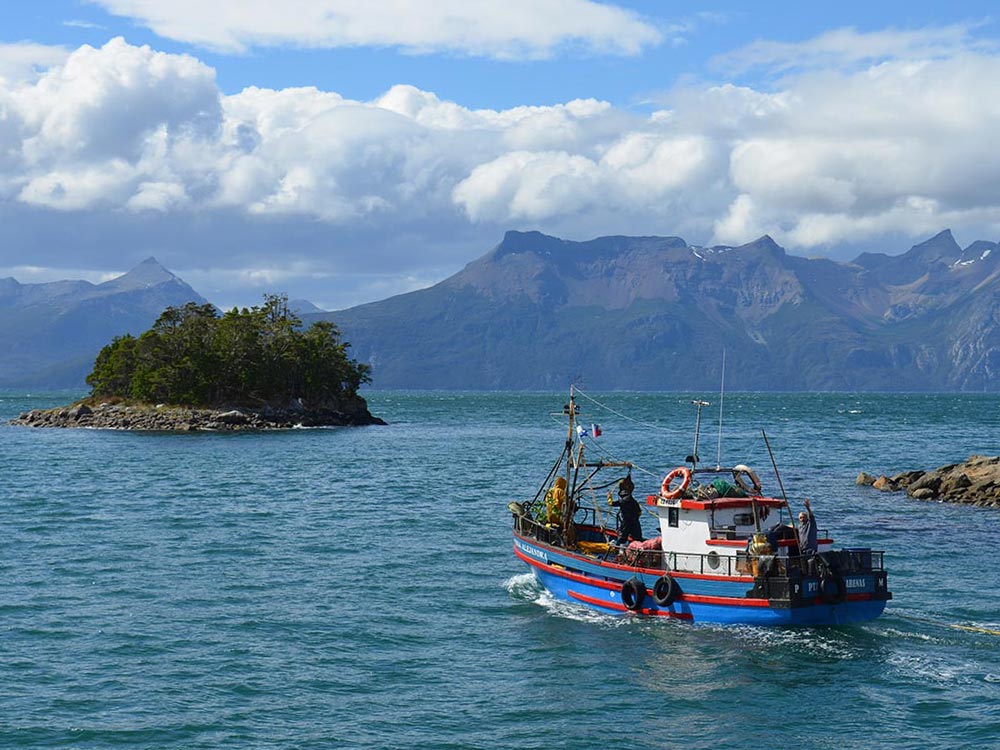
Daniela Castro, coordinator of the Chilean Node of the Forum, pointed out that: “The richness of the exchange, the knowledge of the work done by each of the actors present, and the need to continue generating instances of public-private collaboration, were the elements that the participants highlighted after the meeting”.
In this sense, Castro highlighted the need to “continue building on these sectorial and collective efforts for the conservation of the Patagonian Sea”.